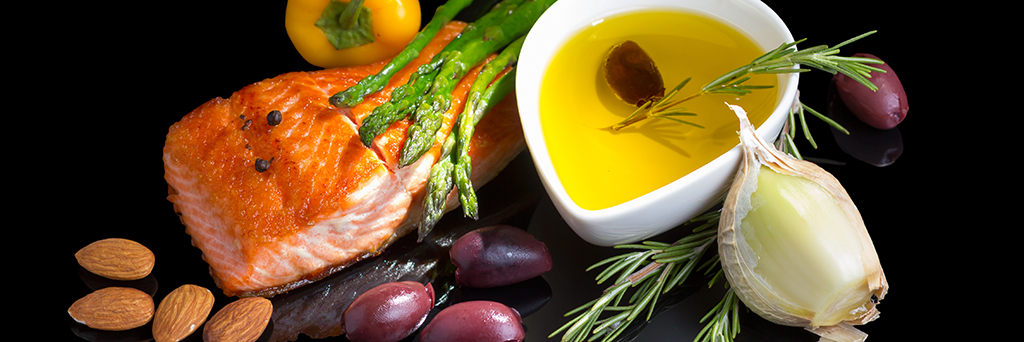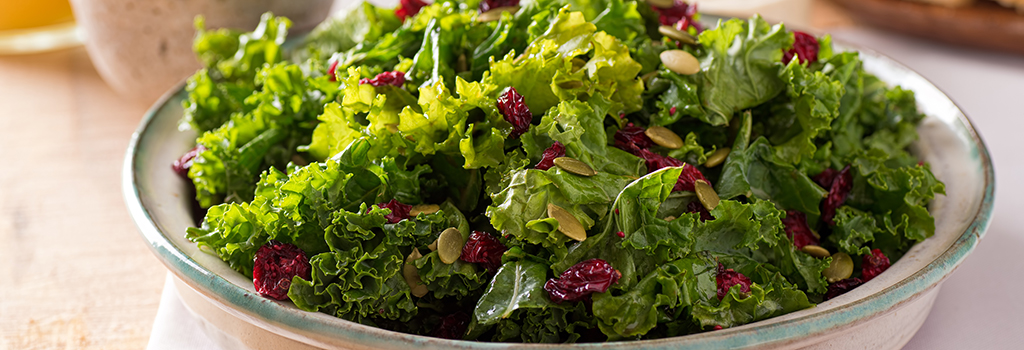Endometriosis is not like other period problems. It’s not a hormonal condition like PMS and PCOS. It’s affected by hormones, yes, but fundamentally endometriosis is an inflammatory disease and possibly a microbial disease.
When talking about inflammation, we should understand that it’s not always a bad thing. It’s actually necessary for our survival. However, inflammation can become a problem when the symptoms of inflammation are long-term. Chronic inflammation in the body can potentially lead to very serious health complications. Low-grade chronic inflammation is a big deal these days, and let’s face it, probably we all have it!
If you have endometriosis you have also chronic inflammation. But also chronic inflammation is one of the most common denominators for many diseases, like Alzheimer’s, cardiovascular disease, depression, arthritis, acne, psoriasis – all diseases that are associated with increased levels of inflammation in the body.
The scariest thing is that chronic inflammation, in the end, leads to the damage and loss of functionality of our organs. Which is not a good thing.
Symptoms of Chronic Inflammation
Here are just some common symptoms of chronic inflammation:
- Digestive issues
- Low energy
- Body pain, especially in the joints
- Skin issues, like eczema
- Autoimmune disease, like arthritis, thyroid, celiac disease
- High blood glucose
- High cholesterol
- Allergies
- Pelvic pain
- Abdominal pain
Let’s face it. We all have endometriosis, so we all have chronic inflammation. The easiest way to help our bodies is through diet. Knowing what foods to eat and to avoid is the first step. But more important is to understand why we should follow the endometriosis diet. Why some foods can cause us pain.
Chronic inflammation is about more than pain and redness. It’s also about whole-body communication. And is why inflammation can really mess up our cycles as women. Every different part of the body needs to talk to each other, and our hormones are a big part of that communication. Hormones are messengers for period health.

ANTI-INFLAMMATORY FOODS
1. Foods High in Omega-3s
Omega-3 fatty acids may benefit your health in several ways.
They’re important for fetal growth and development and in adults for brain, cardiovascular, and skin health.
They’re shown to be important in the prevention of cancer, cardiovascular disease, and autoimmune diseases like endometriosis.
Omega-3 fatty acids are an “essential fatty acid”, meaning the body cannot make them, so we must include them in our diet.
Here comes the interesting part. Looks like omega-3 fatty acids are rare to find. However, if you consume daily flax seeds, walnuts, chia seeds, or hemp seeds you should be able to raise your omega-3 levels.
But that’s not enough. It’ good to know that these plant sources provide only ALA (alpha-linolenic acid) – the shorter among the omega-3 fatty acids. And we actually don’t use ALA in our bodies. In fact, what we actually need is EPA (eicosapentaenoic acid) and DHA (docosahexaenoic acid). You need to get them directly from your diet. These two fatty acids are not found in plant food sources but are present in fatty fish like salmon and mackerel.
Even that I’m following the endometriosis diet that is a vegan diet, I still eat fish from time to time. The problem is that fish is not toxin-free these days, it’s recommended to have fish 2-3 times per week. So I eat fish once per month and I drink supplementation with fish oil.
2. Foods Rich In Polyphenols
Polyphenols are a category of plant compounds that offers various health benefits.
Polyphenols are active compounds that are naturally found in fruits, vegetables, cereals, and some beverages—like wine, coffee, and tea.
They have antioxidant and anti-aging properties and are shown to prevent cancer, cardiovascular disease, neurodegenerative disorders, diabetes, and allergies. The best part is that they are also anti-inflammatory.
Some examples of polyphenol-rich foods include broccoli, spinach, carrots, cabbage, red peppers, lemons, apples, strawberries, cranberries (seriously any berries) and many many many more. Another way to get some more polyphenols is drinking tea – green tea, rosehip, ginger, nettle, peppermint, or even cinnamon tea – all these are anti-inflammatory.
The point is, to reduce inflammation in the body: Eat as many vegetables as you can.
3. Spices and Herbs
Spices and herbs are very powerful antioxidants, have detoxifying, anti-cancer, anti-bacterial, and anti-inflammatory properties.
Spices are not only good for fighting inflammation, but they also make our food taste better! Some great spices include turmeric, cinnamon, ginger, and garlic.
There are also many different herbs that can help you reduce or prevent inflammation in your body. Adding some turmeric, rosemary, cloves, ginger, cinnamon, and many others to your diet is easy and also super tasty.

TOP 6 ANTI-INFLAMMATORY FOOD
- Leafy Green Veggies
They are packed with antioxidants that have a positive effect on our health. They also contain an array of vitamins, and powerful anti-inflammatory flavonoids. Choose from spinach, kale, Swiss chard, arugula, collard greens, and mustard greens. - Blueberries
They are powerful antioxidants that fights inflammation.
- Pineapple
Pineapples are another natural anti-inflammatory. They help regulate your body’s immune response so that it doesn’t react with unnecessary inflammation. - Wild-caught salmon
Salmon is another great anti-inflammatory food. It is rich in the essential omega-3 fatty acid alpha-linolenic acid. The fatty acids contained in salmon can benefit your heart, skin, and brain health. - Chia seeds and Flaxseeds
They loaded with vitamins and minerals. They’re also a healthy source of essential fatty acids (like omega-3s) – a helpful alternative source if you don’t eat meat. - Turmeric
Curcumin, the yellow-orange pigment in turmeric, is said to be a strong anti-inflammatory agent.

WHAT ARE THE MOST INFLAMMATORY FOODS?
- Sugar
Sugar is a highly refined product with concentrated carbohydrates which have negative effects on the symptoms of inflammation. Sugar, in all forms (refined, artificial, or natural) produces a more acidic environment within the body that can encourage the inflammatory symptoms. Sugar causes tissue damage and insulin resistance because it generates inflammation in the liver that impairs insulin sensitivity. And too much insulin can impair ovulation. - Carbs
Carbs are not so bad. They come with all the fiber, some protein, some fat, and are not harmful. I’m talking about whole grains, legumes, fruit, and vegetables. The fiber in those kinds of carbs is what the good bacteria in your gut loves. Those carbs are good for your digestion and immunity.
On the other side, foods that contain gluten actually increase inflammation in the body. Gluten affects all people differently, but research has found that gluten (and wheat) have an inflammatory response in 6 out of 10 women. - Omega-6 Rich Foods
Omega-6 fatty acids are everywhere in our food. And they are not so bad. W just need to control them. Actually we need omega-6 fatty acids for brain health, to look good as they are important for the skin.
Let’s go back and see where are these omega-6 fatty acids…they are everywhere. From red meat, vegetable and seed oils (corn, safflower, sunflower), most fast foods. Consuming too many omega-6 fatty acids makes your body produce increased amounts of pro-inflammatory molecules – if that happens all the time, you develop chronic inflammation. - Saturated Fats
Saturated fats and trans fats linger in the body and release inflammatory proteins into the bloodstream. Meat, dairy products, baked goods, butter, and margarine are the usual suspects.
Saturated fats are found in red meat, milk, and dairy foods like cheese, butter, the holy coconut oil and anything that’s made with them. Those are also fatty foods (aside from coconut oil) known to increase the risk of heart disease and colon cancer.











